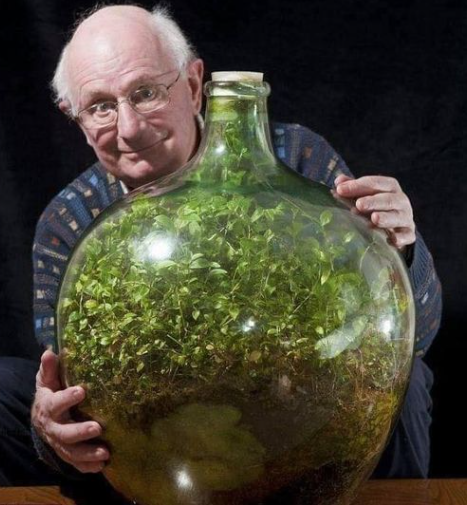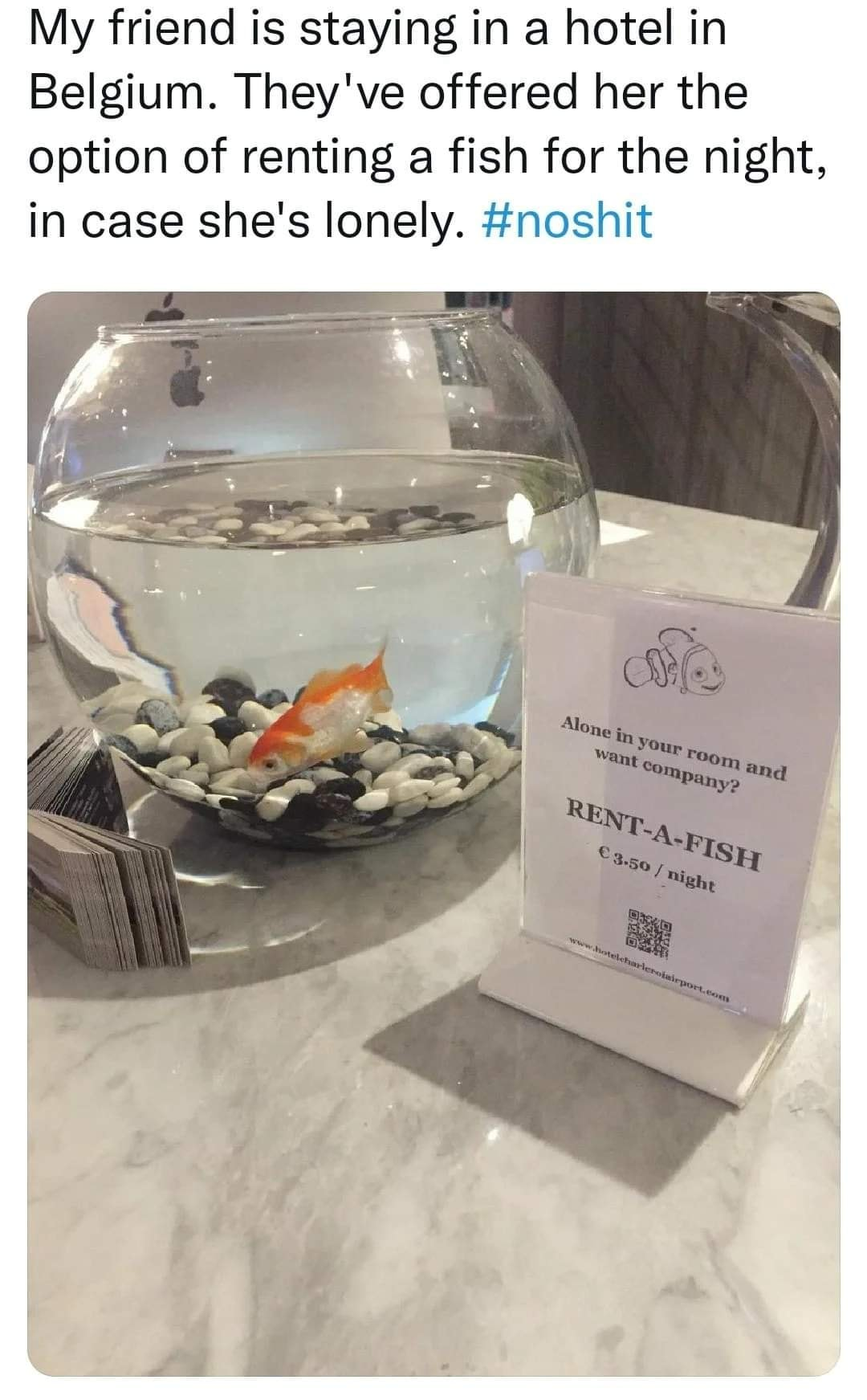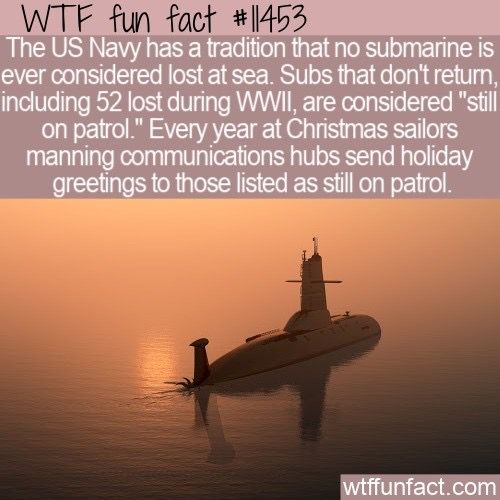Mildly interesting
-
@George-K fascinating movie. “My octopus teacher”. I assure you, you will never be able to look at an octopus again without this movie coming to mind.
-
@George-K fascinating movie. “My octopus teacher”. I assure you, you will never be able to look at an octopus again without this movie coming to mind.
@bachophile said in Mildly interesting:
@George-K fascinating movie. “My octopus teacher”. I assure you, you will never be able to look at an octopus again without this movie coming to mind.
Yes. We talked about it a while ago - I think @Horace , being the misanthrope (or whatever the term is for an octopus hater is) that he is was not impressed.
I enjoyed it however.
I may have mentioned Sy Montgomery's book, The Soul of an Octopus: A Surprising Exploration into the Wonder of Consciousness in that thread. It's a great read with lots of insights that are amplified in that movie.
-
@bachophile said in Mildly interesting:
@George-K fascinating movie. “My octopus teacher”. I assure you, you will never be able to look at an octopus again without this movie coming to mind.
Yes. We talked about it a while ago - I think @Horace , being the misanthrope (or whatever the term is for an octopus hater is) that he is was not impressed.
I enjoyed it however.
I may have mentioned Sy Montgomery's book, The Soul of an Octopus: A Surprising Exploration into the Wonder of Consciousness in that thread. It's a great read with lots of insights that are amplified in that movie.
@George-K said in Mildly interesting:
@bachophile said in Mildly interesting:
@George-K fascinating movie. “My octopus teacher”. I assure you, you will never be able to look at an octopus again without this movie coming to mind.
Yes. We talked about it a while ago - I think @Horace , being the misanthrope (or whatever the term is for an octopus hater is) that he is was not impressed.
I enjoyed it. I think @Mik didn’t.
That’s the worst gaffe you’ve made since you attributed my original thought that gender reassignment would be judged historically as lobotomies are, to some random article you read.
-
@George-K said in Mildly interesting:
@bachophile said in Mildly interesting:
@George-K fascinating movie. “My octopus teacher”. I assure you, you will never be able to look at an octopus again without this movie coming to mind.
Yes. We talked about it a while ago - I think @Horace , being the misanthrope (or whatever the term is for an octopus hater is) that he is was not impressed.
I enjoyed it. I think @Mik didn’t.
That’s the worst gaffe you’ve made since you attributed my original thought that gender reassignment would be judged historically as lobotomies are, to some random article you read.
-

In 1960, David Latimer planted a tiny garden inside of a large glass bottle and sealed it shut. He opened the bottle 12 years later in 1972 to add some water and then sealed it for good. The self contained ecosystem has flourished for nearly 60 years.
For those who are wondering how this is even possible: the garden is a perfectly balanced and self-sufficient ecosystem. The bacteria in the compost eats the dead plants and breaks down the oxygen that is released by the plants, turning it into carbon dioxide, which is needed for photosynthesis. The bottle is essentially a microcosm of earth.
https://biologicperformance.com/sealed-bottle-terrarium-garden-watered-once-53-years/
-

In 1960, David Latimer planted a tiny garden inside of a large glass bottle and sealed it shut. He opened the bottle 12 years later in 1972 to add some water and then sealed it for good. The self contained ecosystem has flourished for nearly 60 years.
For those who are wondering how this is even possible: the garden is a perfectly balanced and self-sufficient ecosystem. The bacteria in the compost eats the dead plants and breaks down the oxygen that is released by the plants, turning it into carbon dioxide, which is needed for photosynthesis. The bottle is essentially a microcosm of earth.
https://biologicperformance.com/sealed-bottle-terrarium-garden-watered-once-53-years/
@Copper said in Mildly interesting:

In 1960, David Latimer planted a tiny garden inside of a large glass bottle and sealed it shut. He opened the bottle 12 years later in 1972 to add some water and then sealed it for good. The self contained ecosystem has flourished for nearly 60 years.
For those who are wondering how this is even possible: the garden is a perfectly balanced and self-sufficient ecosystem. The bacteria in the compost eats the dead plants and breaks down the oxygen that is released by the plants, turning it into carbon dioxide, which is needed for photosynthesis. The bottle is essentially a microcosm of earth.
https://biologicperformance.com/sealed-bottle-terrarium-garden-watered-once-53-years/
Steve Bannon tried that with humans in it.
-
@Copper said in Mildly interesting:

In 1960, David Latimer planted a tiny garden inside of a large glass bottle and sealed it shut. He opened the bottle 12 years later in 1972 to add some water and then sealed it for good. The self contained ecosystem has flourished for nearly 60 years.
For those who are wondering how this is even possible: the garden is a perfectly balanced and self-sufficient ecosystem. The bacteria in the compost eats the dead plants and breaks down the oxygen that is released by the plants, turning it into carbon dioxide, which is needed for photosynthesis. The bottle is essentially a microcosm of earth.
https://biologicperformance.com/sealed-bottle-terrarium-garden-watered-once-53-years/
Steve Bannon tried that with humans in it.
-

In 1960, David Latimer planted a tiny garden inside of a large glass bottle and sealed it shut. He opened the bottle 12 years later in 1972 to add some water and then sealed it for good. The self contained ecosystem has flourished for nearly 60 years.
For those who are wondering how this is even possible: the garden is a perfectly balanced and self-sufficient ecosystem. The bacteria in the compost eats the dead plants and breaks down the oxygen that is released by the plants, turning it into carbon dioxide, which is needed for photosynthesis. The bottle is essentially a microcosm of earth.
https://biologicperformance.com/sealed-bottle-terrarium-garden-watered-once-53-years/
@Copper said in Mildly interesting:

In 1960, David Latimer planted a tiny garden inside of a large glass bottle and sealed it shut. He opened the bottle 12 years later in 1972 to add some water and then sealed it for good. The self contained ecosystem has flourished for nearly 60 years.
For those who are wondering how this is even possible: the garden is a perfectly balanced and self-sufficient ecosystem. The bacteria in the compost eats the dead plants and breaks down the oxygen that is released by the plants, turning it into carbon dioxide, which is needed for photosynthesis. The bottle is essentially a microcosm of earth.
https://biologicperformance.com/sealed-bottle-terrarium-garden-watered-once-53-years/
There is something similar to that called the "Ecosphere". I had one for a long time, until I was moving it from a house (which was cold) to the hot outdoors and and it cracked open.
-
In 1963, San Francisco Giants pitcher Gaylord Perry famously declared, "They'll put a man on the moon before I hit a home run."
On July 20, 1969, just 20 minutes after Neil Armstrong became the first human being ever to walk on the moon, Perry hit the first, and only, home run of his career. -
Scroll down to see the plaque dedicated to those still on patrol.
-
George, today's Bookbub is offering the book Final Patrol: "During World War II, the US Navy’s submarine service suffered the highest rate of casualties of any American armed forces branch. Learn the stories behind 16 of these vessels — and the soldiers who lived, fought, and died in them. A must-have for military history enthusiasts."
Coincidence, eh?
Goto What/Reading to read more.




